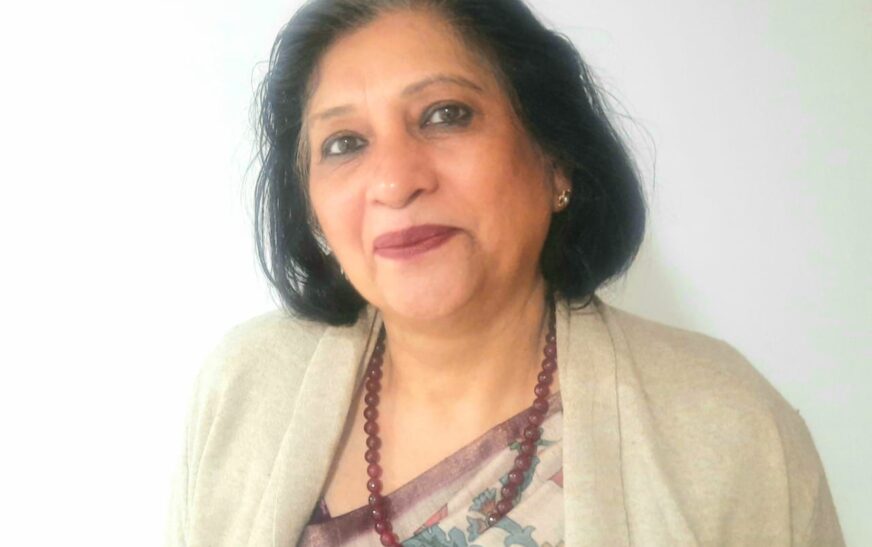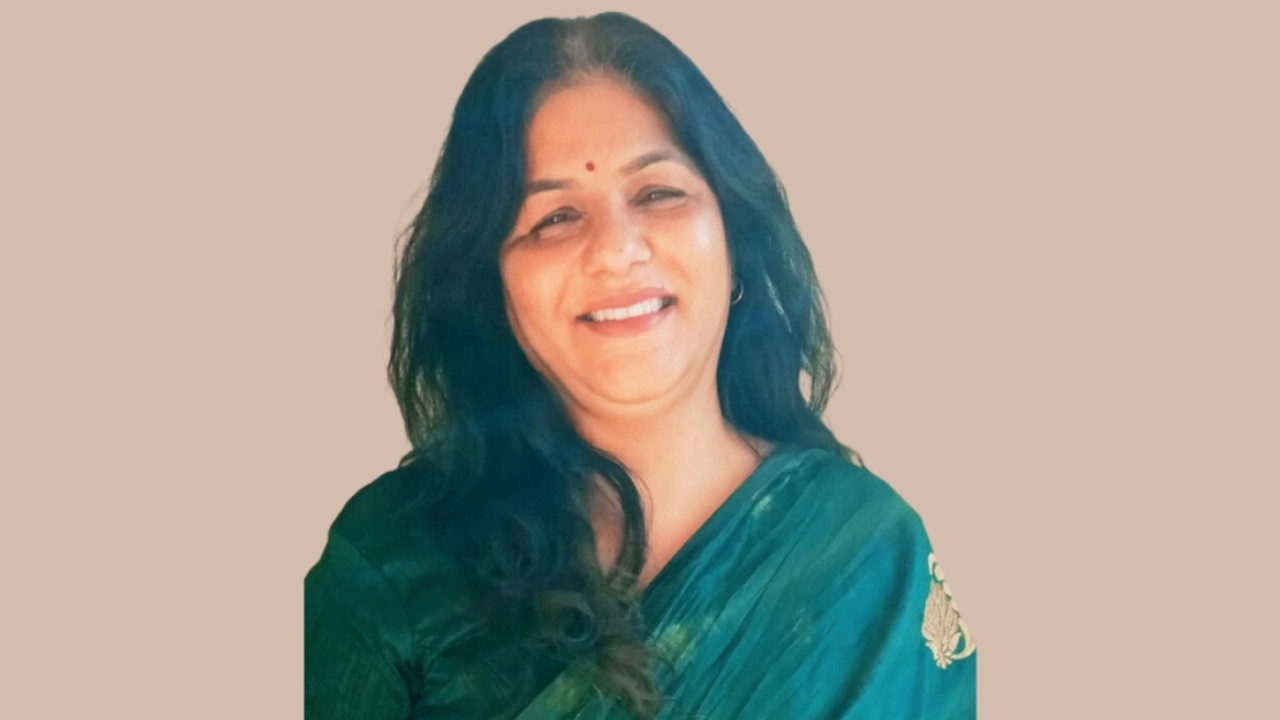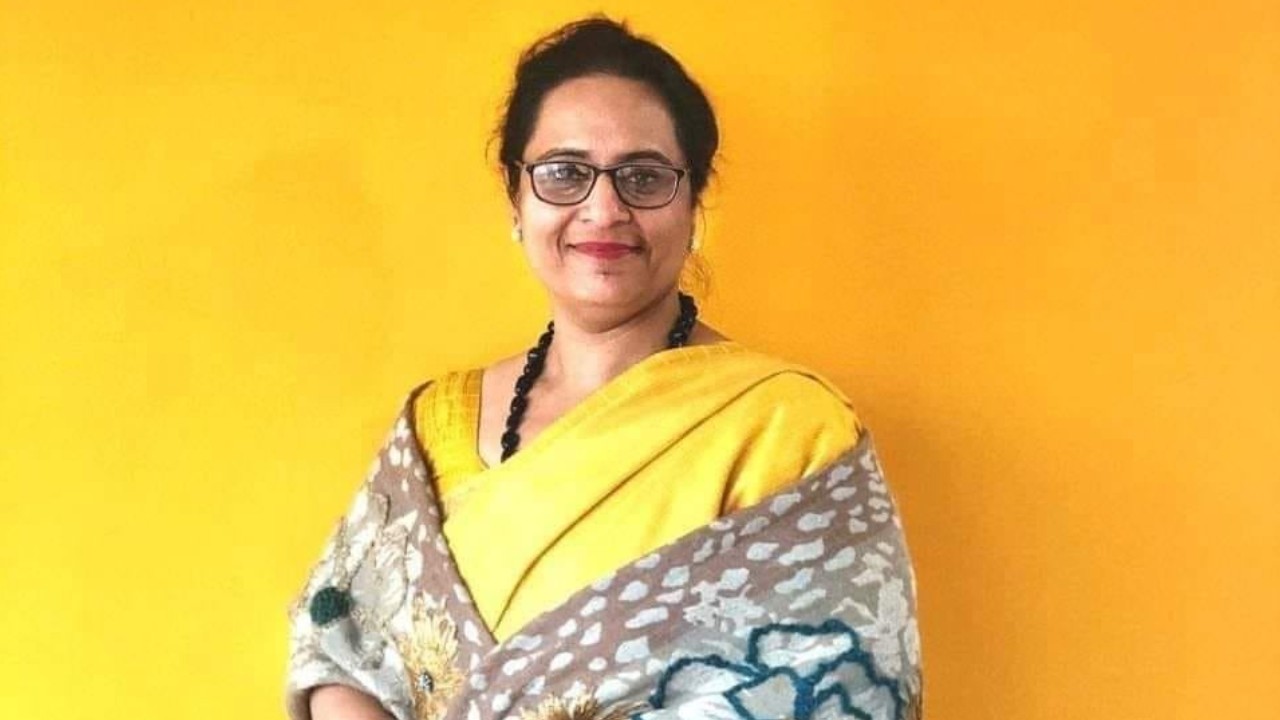The Energy and Resources Institute (TERI), a leading New Delhi-based non-profit, champions sustainable development through cutting-edge research, policy advocacy, and actionable strategies. Established in 1974 as the Tata Energy Research Institute and rebranded in 2003, TERI tackles global challenges in energy, environment, and resource management. Its work spans critical areas, including renewable energy, climate resilience, waste management, sustainable urbanization, and biodiversity conservation.
TERI maintains a strong presence across India through regional centres and extends its global reach with offices in Japan, North America, Europe, and Southeast Asia. It collaborates worldwide to foster knowledge exchange and implement scalable, sustainable solutions. TERI plays a pivotal role in shaping sustainability discourse. It organizes the prestigious World Sustainable Development Summit (WSDS), convening global leaders to tackle urgent environmental challenges.
Over the past five decades, TERI has spearheaded groundbreaking green innovations, from advancing rural energy access to optimizing industrial energy efficiency. By bridging research with real-world implementation, it continues to influence policy, forge collaborations, and accelerate the transition to a sustainable future.
In an exclusive conversation with The Interview World at the Indo-Dutch Tech Summit 2025, organized by IIT Delhi and CII, Dr. Vibha Dhawan, Director General of TERI, underscores the bioeconomy’s vital role in driving sustainable growth and economic resilience. She elaborates on TERI’s contributions to developing a cellular economy, identifies critical gaps in India’s biomass ecosystem that must be addressed to fast-track biotech and bioresource advancements, and highlights TERI’s key upcoming projects aimed at fostering sustainability and innovation. Here are the key takeaways from her compelling insights.
Q: Why is the bioeconomy crucial for a nation’s sustainable growth and economic resilience in the modern era?
A: The term bioeconomy combines two fundamental concepts: biology and economy. At its core, a truly sustainable system thrives on biological resources, which regenerate naturally and, unlike finite resources, carry minimal risks—except those posed by climate change. If we safeguard nature, bio-based economies will inevitably flourish. This is the only viable path forward.
For humanity to endure, we must cultivate an environment that nurtures plant and animal life. Nature, in return, provides everything we need. Mahatma Gandhi captured this wisdom succinctly: “The earth has enough for everyone’s need, but not for everyone’s greed.” Our focus must shift from excessive consumption to responsible stewardship. By aligning our economies with nature’s regenerative cycles, we ensure long-term prosperity while preserving the planet for future generations.
Q: How is TERI contributing to the development of a cellular economy in the country, and what key initiatives or strategies are driving this transformation?
A: For decades, TERI has championed sustainability, even when the world was singularly focused on development. While others pursued unchecked growth, we had the foresight—and the courage—to warn that such progress was unsustainable.
Looking ahead to 2047, two contrasting futures emerge. One follows the status quo, leading to mounting challenges. The other, shaped by responsible choices today, unlocks a stronger, more resilient economy. Sustainability isn’t just an abstract ideal; it’s about reimagining resources. As I emphasized in my talk, nothing is waste—every byproduct holds the potential to generate wealth. The key lies in how we manage and harness our bioresources.
Q: What are the key gaps in India’s biomass ecosystem that need to be addressed to accelerate biotech development and strengthen the sector?
A: India does not lack bioresources. In fact, our forest cover is not only substantial but also improving steadily. Beyond preserving existing ecosystems, we are now developing new ones. Consider carbon capture—often discussed today—which relies on bioresources like algae. Similarly, increasing the use of wood in construction can reduce dependence on energy-intensive materials like steel.
However, a critical gap remains. We are not managing forest and agricultural residues efficiently. As highlighted repeatedly, we need advanced enzyme technologies to process lignin effectively. Waste generated in one place often goes unused because of logistical challenges. Instead of transporting it over long distances, we must develop localized solutions to convert it into energy on-site or within nearby areas. The shift towards CNG is a step in the right direction.
TERI has been at the forefront of such innovations. We pioneered biomass-based gasification and led transformative initiatives like Lighting a Billion Lives, which deliver practical solutions tailored to communities. In a country as diverse as India, no single approach can work everywhere. Our path forward must embrace a variety of localized, sustainable solutions that address unique regional challenges.
Q: What are the key future projects that TERI is undertaking to drive sustainability and innovation?
A: We are establishing an Institute on Energy Transition, recognizing that the concept varies across contexts. For a rural kitchen in India, energy transition means access to improved cookstoves, biogas, and cleaner fuels. It’s about ensuring they have sustainable energy sources that enhance daily life.
But energy transition extends beyond just cooking fuel. For farmers, it means access to energy that enables value addition to their crops, boosting productivity and income. At the other end of the spectrum, it stretches to cutting-edge advancements like hydrogen. This transition must be inclusive, addressing needs across all levels of society. That is precisely the vision driving TERI’s new project.









